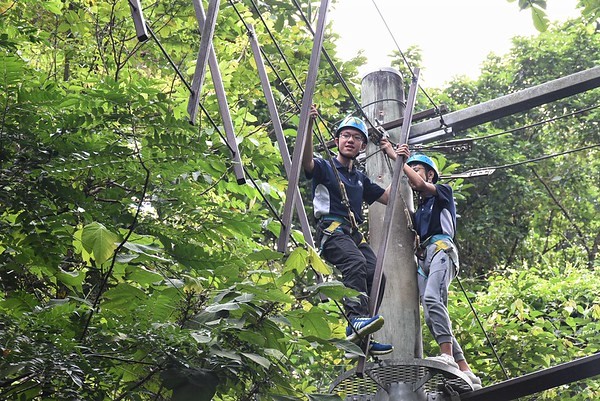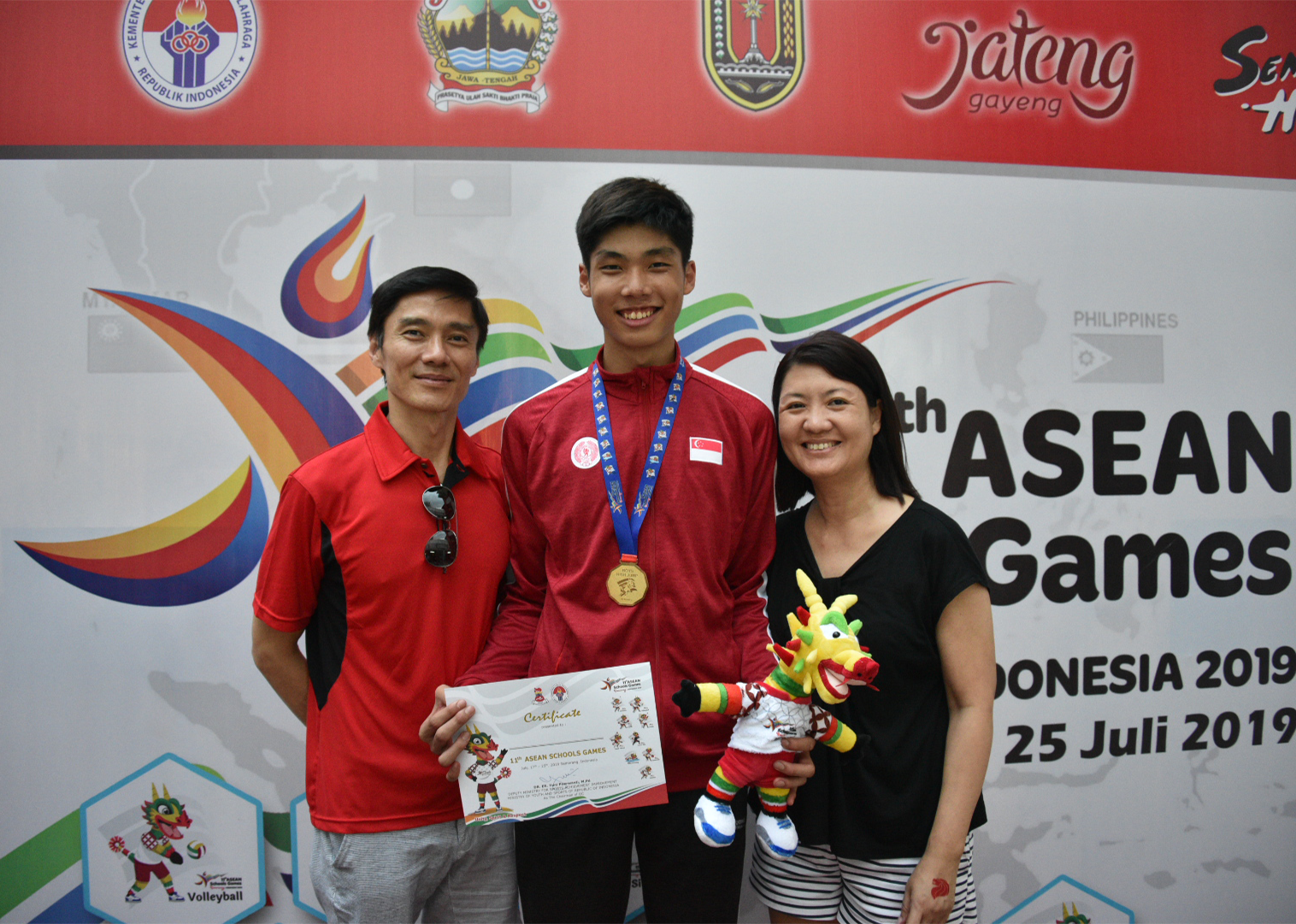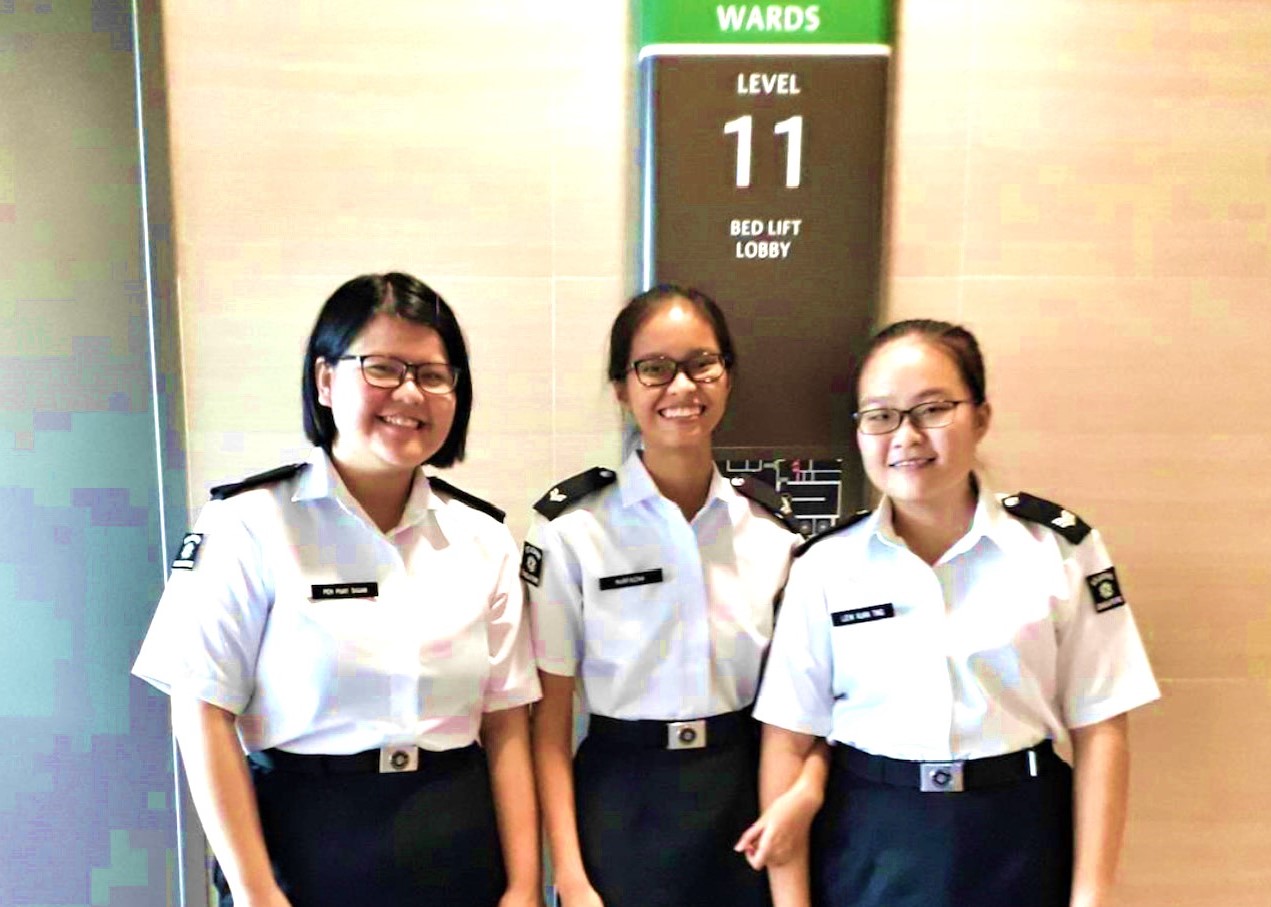Come January, or even the last week of December, Co-Curricular Activities (CCAs) will resume. Some may continue with e-CCAs, or limit inter-mingling between students of different levels for a while more. However, as Singapore progressively lifts COVID-19 restrictions next year, we can expect more CCAs to return to face-to-face sessions and allow more interaction between students. More events like competitions and camps will also resume.
To those who say: Why can’t we continue to do CCAs online until the pandemic is over, or at least until everyone is vaccinated? Do we really need to resume these non-essential, non-examinable activities? As a teacher, let me tell you why we need to.
To put it simply, the kids are missing out. Schools have been incredibly creative in carrying out e-CCAs this year. The students did drills at home, practised their choreography and did art projects under the guidance of their teachers over Zoom. Some primary schools also conducted class-based CCAs to reduce intermingling and gave students exposure to a variety of skills. But here’s what’s missing:
There’s a limit to what you can do online
However innovative the teachers, e-CCAs are a work-around, and cannot fully recreate the experience of physical CCAs.
It is easy to start thinking that nothing is lost when students are doing CCAs from home. But some experiences can’t be replicated online. For example, students can practise individual sports moves or drills alone, but working together, passing the ball and learning how to react to conditions in the field can’t take place over the screen. For performing arts too – practising one’s instrument or songs at home may help us hone our craft, but it’s only when we come together that the magic happens.
With class-based CCAs, students do get exposed to a wide range of skills. But they do not get to learn in-depth, and experience the satisfaction of mastering something they are interested in.
That’s a pity, because in school, we celebrate the process of learning, persevering and gradually improving in a skill – no matter if it’s in the classroom, or out of it.
Non-academic achievements matter
Ask any teacher and they will be able to tell you about students who are drastically different in the classroom and during CCA. I have met students who are unmotivated, or even disruptive in the classroom, but who transform into a different person once they put on their CCA uniforms or sports gear after school. Their eyes light up, they become attentive to every instruction from the coach (much to my envy) and execute the move perfectly. They are respectful and even go out of their way to help teachers and peers during their CCA.
We have to acknowledge that students have different interests, and some are less academically inclined. CCAs provide these students with a platform to shine regardless of how they did in their latest test or exam. They are motivated because teachers affirm their skills and even get them to lead and guide their juniors. This boosts their self-esteem and sense of worth, and is especially important for students from disadvantaged backgrounds, who may not have the chance to take part in enrichment classes outside of school.
Many CCA camps and competitions, including the Singapore Youth Festival (SYF), were also cancelled because of COVID-19. These are important not for the CCA points, but for the chance to build resilience and self-confidence.
As the teacher-in-charge of a uniformed group in a neighbourhood school, I had the privilege to see how my students grew from giving their best in a competition. It was not easy at first. A few students were reluctant to participate in the national campcraft competition, and told me it’s impossible for them to beat teams from the ‘more popular’ schools. However, they were persuaded to try. Motivated by their instructors and seniors, the team trained hard in rain and shine for three months. The younger ones grew confident enough to speak up during team debriefs, and even the most quiet ones grew bold enough to cheer the others on in the pitch. Everyone wore their muddy shoes and blisters with pride when they made it to the top 10 out of more than a hundred teams in the national competition.
In the grand scheme of things, the competition itself was not such a big deal. But the memories of striving for a common goal with your friends, and the conviction that hard work can make the impossible possible – that is something I don’t want my students to miss out on.
Learning to fail, learning from others
What about those students who are already doing well academically and who are taking part in enrichment classes outside school? I believe CCA is no less important for them.
For one, CCAs are a way for the more studious ones to unwind through sports or music and ensure they develop healthily. This is something they may otherwise neglect as they (or their parents) pack their schedules with tuition and revision.
More importantly, CCAs provide a safe environment for students to fail and learn to pick themselves up. Just as it is important for the student who is not doing so well in his studies to have the chance to shine and excel in CCA, it is also equally valuable for the straight-As student to learn that they are not the best in everything – and it’s perfectly okay.
This can be when they realise that playing the drums doesn’t come as naturally to them as Math and Science, or when they come in second, or even in the last place in a competition. Learning to deal with disappointment is necessary to build resilience.
As a student, I was in the choir in secondary school and still remember clearly the day we got a silver, instead of a gold in the SYF Central judging. For us at 14, it was a blow that we did not reach our goal despite months of preparation and quite a few of my friends cried. But amidst the drama of the moment, I remember the seniors and teachers, who brought out tissues and encouraged us to do better in the next competition – which we eventually did two years later. Such moments teach us that we can overcome setbacks, and help us grow stronger.
That’s why today, I can tell my students with conviction that it is alright when they fail. In life, sometimes people can work very hard for something, and still fall short of their goal. But that doesn’t have to define them. It’s the courage to try again that matters.
CCAs also have a social role. When students see how their peers from the Normal (Academic) and Normal (Technical) courses perform, step up and even help them in their CCAs, they understand that having good grades is not everything and better appreciate the diverse strengths of people around them.
Hopes for 2021
Many students were disappointed when CCAs and some of the events they were looking forward to were suspended this year. With the pandemic situation looking up, they will soon be able to enjoy what they had missed in 2020.
As one of my students said upon learning that the campcraft competition was cancelled a week before it was scheduled to take place – “It’s alright, that means we get more time to prepare for the next one!”
Our kids are a tough bunch, and CCAs allow their strengths to thrive. Let’s cheer them on as they play and train their hearts out in 2021 – while keeping them safe.






